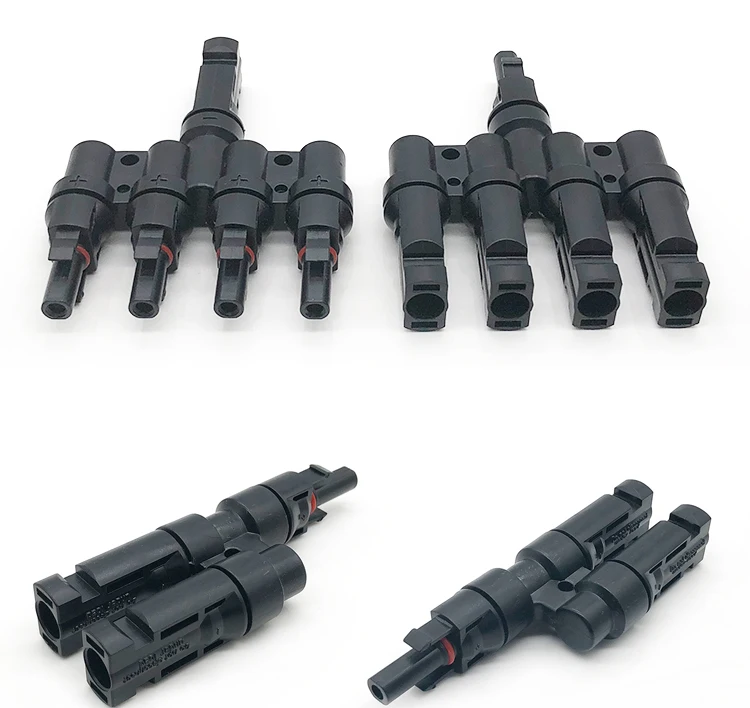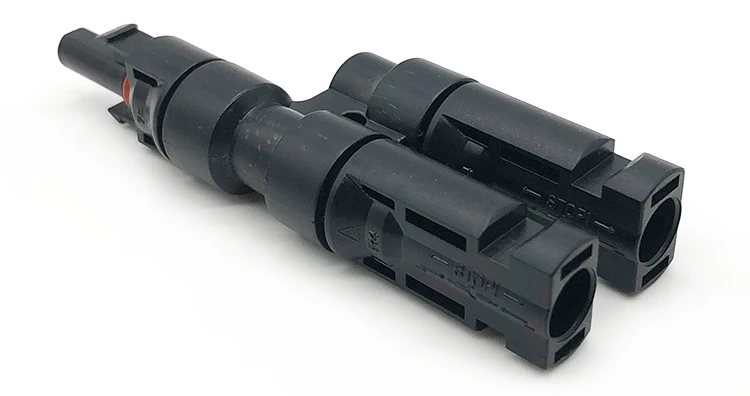
Romex is the trade name for a type of electrical cable that has non-metallic sheathing. These benefits have made MC cable a popular choice for a wide range of applications, including indoor, outdoor, underground and embedded installations. Those specifications include UL 83, UL 1569, UL 1685, military standard A-A59544 and NEC Codes. Approvals: MC cables are approved by the Institute of Electrical and Electronics Engineers (IEEE) and meet a range of specifications.This advantage saves significant time by eliminating the conduit installation step. In most interior and exterior applications, MC cable provides enough protection to eliminate conduit altogether. Installation time: In applications where conduit is a necessity, MC cable can save valuable labor hours.While ill-placed nails or screws can still damage the armor, the interior coatings can protect the interior wiring from most environmental conditions. Unlike non-metallic alternatives, MC cables provide added protection against piercing and shearing forces. Protection: The aluminum sheath of an MC cable provides excellent strength and protection.Some of the key benefits of MC cable include the following: MC cable has been a popular option for a wide range of commercial, residential and industrial applications, especially those that are looking for all-in-one, cost-effective options.

One example is MC-HL cable, which is designed for use in hazardous locations and features vapor-tight sheathing. In addition to traditional MC cable, several varieties of MC cable are available to suit the needs of unique applications. It is also built with layers of cable protection, meaning the wires are protected from environmental conditions without conduit installation.


Learn what these types of cables are, their differences and when to use MC versus Romex cabling in an installation below.
#Mc connector code#
While both are approved for use in residential applications by National Electrical Code (NEC) regulations, these cables each have unique features to consider for installation. Two types of cables that may be commonly used, especially in residential applications, are Romex and MC cabling.

Therefore, choosing the right type of cable is one of the essential tasks installers need to take on before initiating a project. Electrical cable options vary widely, with unique types used in specific applications.


 0 kommentar(er)
0 kommentar(er)
